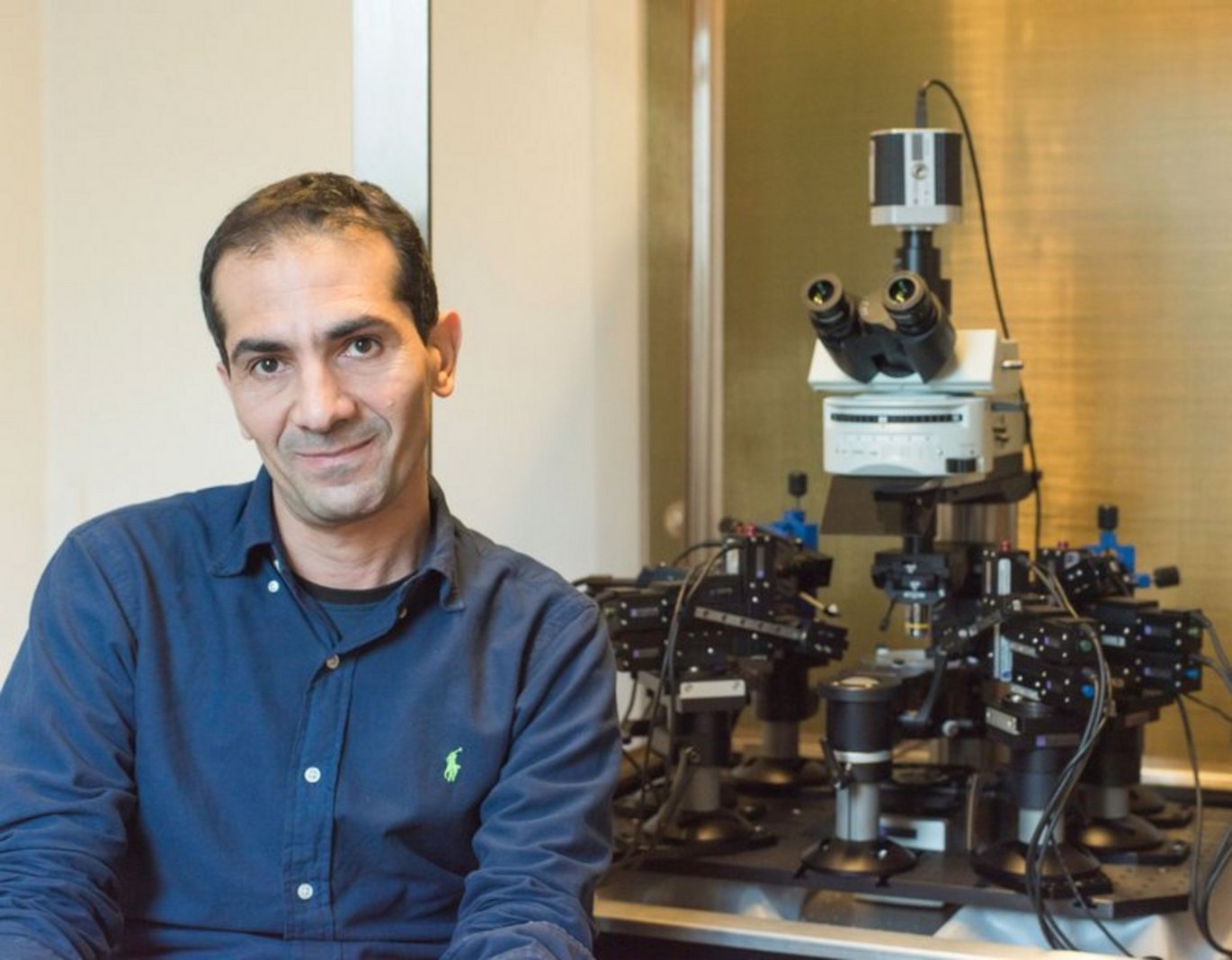Sadegh Nabavi: A Group Leader unafraid to say "I don’t know"
“If you’re the smartest person in the room, you’re in the wrong room.” This quote, often attributed to great leaders like Confucius, perfectly embodies the approach of DANDRITE’s outgoing Group Leader, Sadegh Nabavi. Since stepping into the role in 2015, Sadegh has made substantial scientific contributions, but equally important are the personal and professional lessons he has learned along the way.

Articleoriginally published on DANDRITE's website: https://dandrite.au.dk/display/artikel/sadegh-nabavi-a-group-leader-unafraid-to-say-i-dont-know
Reflecting on his time as a group leader, Sadegh notes:
“From my perspective, we accomplished three major breakthroughs that, as far as I know, no one else has achieved. We faced many challenges, but we overcame them.”
His journey has been anything but straightforward, marked by risks, setbacks, and eventual success.
The path less taken
Sadegh’s trajectory—from a postdoc in the US to senior group leader in Aarhus—was defined by its challenges. One of his biggest turning points came even before he arrived in Aarhus. At that time, he decided to pivot from electrophysiology slicing to in vivo experiments—an area he had no prior experience in and where no existing expertise was available at Aarhus University.
“Everyone I knew from my postdoc time had the same skill set as me, and I didn’t have any connections to learn from,” he recalls. Undeterred, Sadegh took on the formidable task of building an entirely new technical setup from scratch to conduct pioneering experiments. It was a high-risk and time-consuming endeavor. The consequences of this gamble became apparent during his midterm evaluation, where the focus was on the absence of publications.
“They were tough on me and asked, ‘What have you been doing for five years?’ I understood their concern—publications matter,” he admits. But for Sadegh, the risk was what made the project worthwhile. “You can’t ask someone to take a risk and guarantee success at the same time. Risk is, by its nature, unpredictable.”
Breakthroughs against the odds
Eventually, the breakthrough moments began to emerge. Sadegh and his team managed to explore the impact of two distinct experiences encoded by different inputs, allowing them to manipulate one independently of the other—something never done before.
“This had never been done before, and now we have two papers published based on this project,” he shares.
Another remarkable achievement came when his lab showed that the strength of neuronal connections (synapses) encoding a memory (therefore the strength of that memory) can be manipulated by changing the strength of a different set of synapses encoding a different experience which has nothing to do with the original memory. This level of precision in manipulating different sets of synapses and the memories they encode independently is a groundbreaking ability to selectively target and modify specific memories or experiences in the brain.
I hope I never achieve my ambitions
Sadegh’s success is rooted in his commitment to never being the "smartest person in the room." “I made sure to recruit people smarter than me,” he explains. His leadership style is one of curiosity and humility. “I am not afraid to say, ‘I don’t know.’”
Despite more than 30 publications in some of the world’s highest-ranked journals and recognition as a leading expert in his field, Sadegh remains focused on the questions still unanswered.
“I hope I never achieve my ambitions because that would mean I set them too low,” he says, exemplifying the mindset of a leader who sees each success as just another step on the road to deeper understanding.
Facts:
- Sadegh Nabavi ended his contract as a DANDRITE Group Leader in July 2024.
- He will continue as an Associate Professor at the Department of Molecular Biology and Genetics at Aarhus University until 2027.
- He also continues to be part of DANDRITE - now as an affiliated researcher.